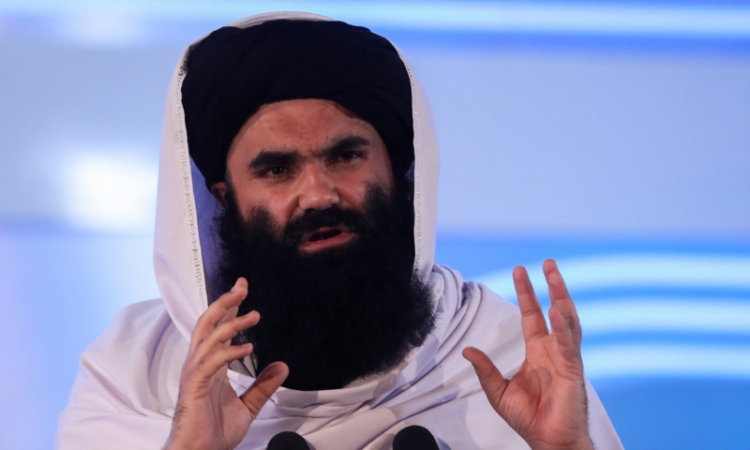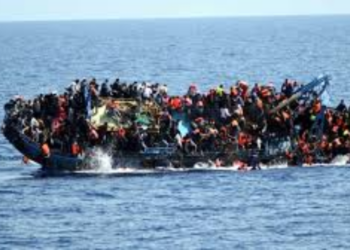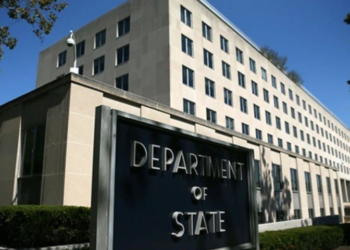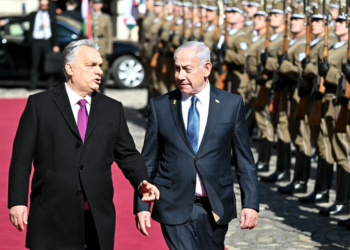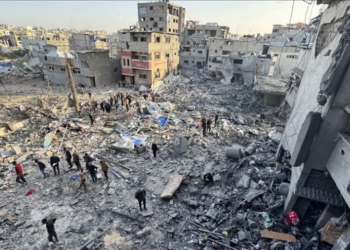Kabul, March 23, 2025: The United States has removed bounties on three senior Taliban leaders, including Interior Minister Sirajuddin Haqqani, a move that Afghan officials see as a step toward normalization of ties between Washington and Kabul.
Haqqani, who leads the powerful Haqqani Network, had been implicated in deadly attacks against Afghanistan’s former Western-backed government. He previously acknowledged orchestrating the 2008 attack on Kabul’s Serena Hotel, which killed six people, including U.S. citizen Thor David Hesla. While Haqqani no longer appears on the U.S. State Department’s Rewards for Justice website, his wanted poster remained on the FBI website as of Sunday.
Interior Ministry spokesman Abdul Mateen Qani confirmed that the U.S. had revoked bounties on Sirajuddin Haqqani, Abdul Aziz Haqqani, and Yahya Haqqani. “These three individuals are two brothers and one paternal cousin,” Qani told the Associated Press.
The Haqqani Network, long considered one of the deadliest arms of the Taliban, has been responsible for high-profile attacks on U.S. and Indian embassies, the Afghan presidency, and other key targets. The group has also been linked to extortion, kidnapping, and other criminal activities.
Afghan officials view the bounty removals as part of a broader diplomatic shift. Foreign Ministry official Zakir Jalaly said that the Taliban’s release of U.S. prisoner George Glezmann on Friday, along with the U.S. decision to drop the bounties, indicated a willingness to move beyond past hostilities.
“The recent developments in Afghanistan-U.S. relations are a good example of pragmatic and realistic engagement,” Jalaly said. Shafi Azam, another Taliban official, echoed this sentiment, highlighting the group’s recent assertion of control over Afghanistan’s embassy in Norway as part of its growing international outreach.
Since taking power in August 2021, the Taliban has struggled with international isolation, particularly due to restrictions on women’s rights and education. While China has formally accepted a Taliban diplomat, most countries—including the U.S.—have maintained only informal engagements with the regime.
Despite his controversial past, Sirajuddin Haqqani has occasionally criticized the Taliban’s authoritarian leadership and decision-making process. Although he remains under U.N. sanctions (in place since 2007 for his involvement in militant activities), he has been permitted to travel internationally over the past year, including visits to the UAE and Saudi Arabia.
According to Ibraheem Bahiss, a senior analyst with the International Crisis Group’s Asia program, the U.S. decision to lift the bounties signals a shift in how Washington approaches Taliban figures willing to engage diplomatically.
“The U.S. is showing that compromises—even limited ones—can yield rewards, even if they don’t translate into major policy changes,” Bahiss explained. He noted that while the international community has consistently pressured the Taliban to lift restrictions on women, it has offered little in return. Removing bounties, he argued, could be a small diplomatic overture toward the group.
For the Taliban, sanctions relief is more valuable than formal diplomatic recognition, Bahiss added. “Sanctions hurt—they limit travel, business, and financial transactions. The removal of sanctions, even selectively, is a victory they will celebrate.”
However, while Haqqani’s international standing appears to be improving, Supreme Leader Hibatullah Akhundzada remains under scrutiny, with reports suggesting he could face International Criminal Court action for human rights violations, particularly regarding the Taliban’s persecution of women.


